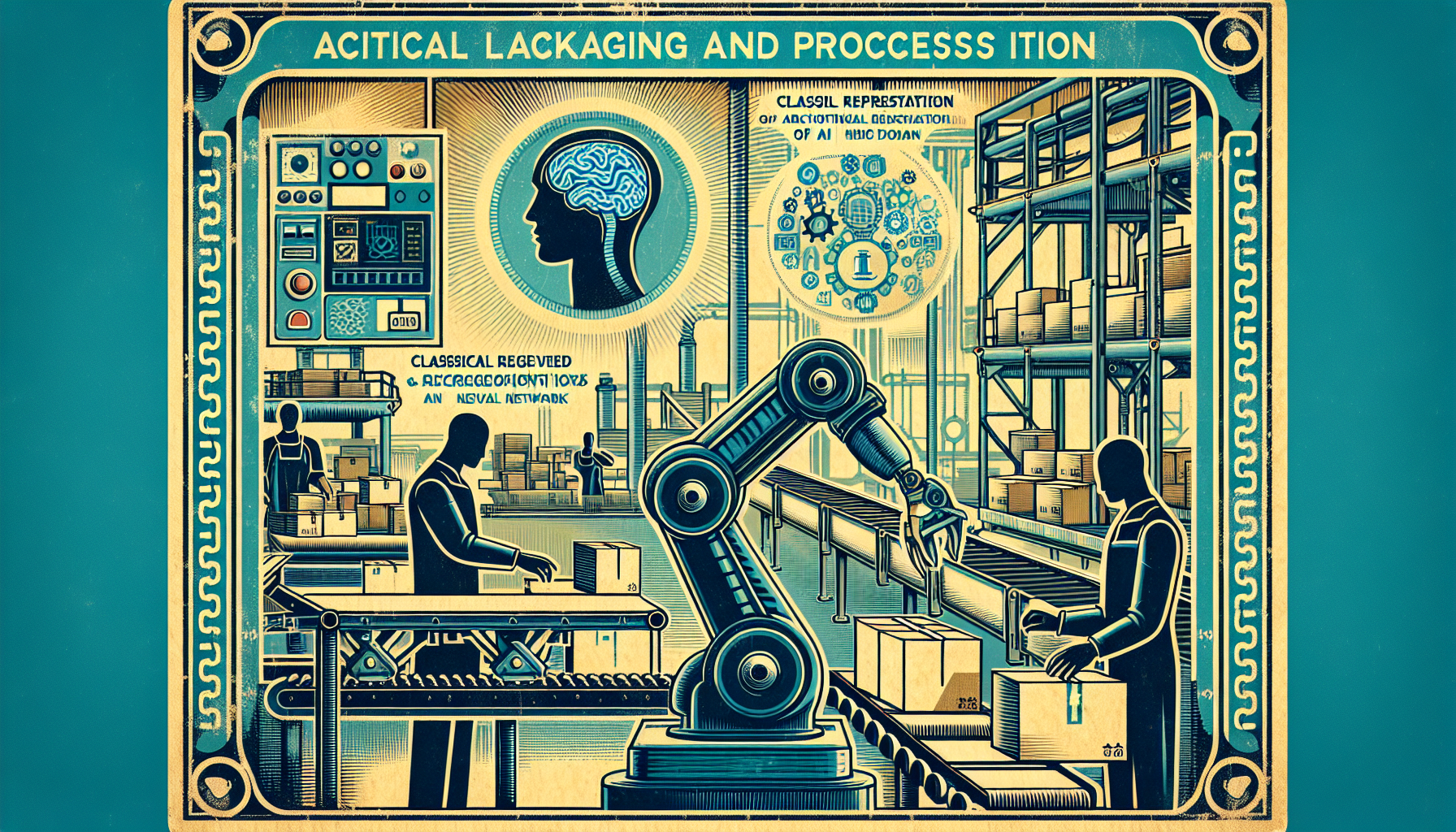The packaging and processing industry stands at the brink of a profound transformation, heralded by the advent of Artificial Intelligence (AI) technologies. According to a recent report by PMMI Business Intelligence, in collaboration with Interact Analysis, AI’s role in this industry is already delivering notable benefits and promises even greater impacts in the future. Here, we explore the key insights from the report, focusing on AI applications, benefits, and the challenges of adoption.
Key AI Technologies and Applications
The report identifies five critical AI technologies reshaping the packaging industry:
AI Co-Pilots: These systems assist human operators in real-time, enhancing decision-making and operational efficiency.
Machine Vision: Machines use this technology to inspect and analyze products, improving quality control and reducing manual errors.
Predictive Maintenance: By continuously monitoring equipment, AI predicts and prevents maintenance issues, reducing downtime and boosting productivity.
Digital Twins: These virtual replicas of physical machines allow for simulations and testing, optimizing performance and minimizing errors.
Connected Worker Platforms: These platforms enhance worker productivity by providing real-time guidance and support, helping bridge the skills gap in the workforce.
Benefits of AI Integration
Integrating AI technologies yields several advantages for the packaging and processing industry:
- Improved Machine Performance: AI-driven predictive maintenance and machine vision enhance machinery efficiency and reliability, leading to reduced downtime and increased throughput.
- Increased Worker Productivity: AI assistants and connected worker platforms streamline tasks, provide real-time support, and overall, boost worker productivity.
- Addressing Skills Gaps: AI automates complex processes and offers real-time guidance, helping to mitigate the skills gaps that have traditionally challenged the industry.
Addressing Barriers to AI Adoption
Despite its numerous benefits, AI adoption in packaging and processing faces several obstacles:
Cybersecurity Concerns: The need for continuous data monitoring and potential data security risks present significant barriers. Ensuring secure data sharing and compliance with evolving legislation is crucial.
Data Collection Infrastructure: The variability in data collection and storage infrastructure among companies can hinder the optimal functioning of AI models. Improving and standardizing data collection practices is essential.
Resistance from Older Employees: There’s a generational reluctance to embrace new technologies, including AI. Educating and training employees on AI’s benefits and capabilities can help overcome this resistance.
Job Security Concerns: While some AI applications may replace certain jobs, others are designed to augment human capabilities rather than replace them.
Data Hallucination: Large language models can occasionally produce incorrect information, eroding trust in AI outputs. Verifying AI outputs against reliable sources can mitigate this issue.
Future Outlook and Recommendations
The report emphasizes AI’s growing influence on the packaging and processing industry. To maximize AI’s potential, companies should:
- Start Small: Begin with pilot projects to test and refine AI solutions before scaling up.
- Partner with AI Solution Providers: Collaborate with experts to navigate the complexities of AI integration and ensure successful implementation.
- Invest in Data Infrastructure: Develop robust data collection and storage systems to support AI models.
- Address Cybersecurity: Implement stringent cybersecurity measures to protect sensitive data and maintain trust in AI outputs.
In conclusion, AI is set to transform the packaging and processing industry by improving machine performance, increasing worker productivity, and addressing long-standing skills gaps. While challenges remain, the benefits of AI integration make it an essential investment for companies aiming to drive innovation and future growth. By understanding and overcoming the barriers to AI adoption, the industry can unlock the full potential of these transformative technologies.

Leave a Reply